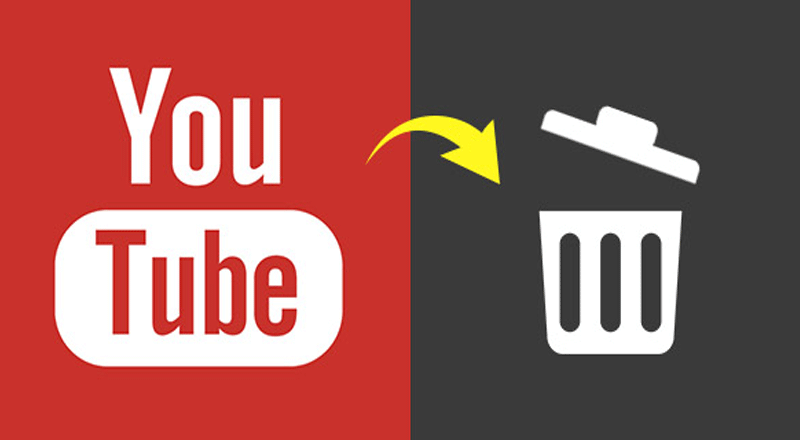The proposed breakup floated in a 23-page document filed late Wednesday by the US Department of Justice calls for sweeping punishments that would include a sale of Google’s industry-leading Chrome web browser and impose restrictions to prevent Android from favouring its own search engine.
Washington: The woes of Alphabet’s Google seem to be surging as the US regulators have now asked to sell its Chrome browser. US prosecutors argued, on Wednesday, that the tech giant should share data and search results with competitors and take a range of other measures to end its monopoly on searching the internet.
Such changes would essentially result in Google being highly regulated for 10 years, subjecting it to oversight by the same Washington federal court that ruled the company maintained an illegal monopoly in online search and related advertising. Google controls about 90 per cent of the online search market.
Google disrupting markets
“Google’s unlawful behaviour has deprived rivals not only of critical distribution channels but also distribution partners who could otherwise enable entry into these markets by competitors in new and innovative ways,” the US Department of Justice said in a court filing.
The court papers filed on Wednesday night expand on an earlier outline of how the US wants to end Google’s monopoly. Google called the proposals radical at the time, saying they would harm US consumers and businesses and shake American competitiveness in AI. The company has said it will appeal.
Tough stance against Google
The DOJ demands are wide-ranging, including barring Google from re-entering the browser market for five years and insisting Google sell its Android mobile operating system if other remedies fail to restore competition. The DOJ has also requested a prohibition on Google buying or investing in any search rivals, query-based artificial intelligence products or advertising technology.
The DOJ and a coalition of states want US District Judge Amit Mehta to end exclusive agreements in which Google pays billions of dollars annually to Apple and other device vendors to make its search engine the default on their tablets and smartphones.
Damages that Google may face
Besides seeking a Chrome spinoff and a corralling of the Android software, the Justice Department wants the judge to ban Google from forging multibillion-dollar deals to lock in its dominant search engine as the default option on Apple’s iPhone and other devices. It would also ban Google from favouring its own services, such as YouTube or its recently launched artificial intelligence platform, Gemini.
Regulators also want Google to license the search index data it collects from people’s queries to its rivals, giving them a better chance at competing with the tech giant. On the commercial side of its search engine, Google would be required to provide more transparency into how it sets the prices that advertisers pay to be listed near the top of some targeted search results
The measures, if they are ordered, threaten to upend a business expected to generate more than USD 300 billion in revenue this year.
Google will have a chance to present its own proposals in December. Mehta has scheduled a trial on the proposals for April, though President-elect Donald Trump and the DOJ’s next antitrust head could step in and change course in the case. If Mehta embraces the government’s recommendations, Google would be forced to sell its 16-year-old Chrome browser within six months of the final ruling. But the company certainly would appeal any punishment, potentially prolonging a legal tussle that has dragged on for more than four years.
(With inputs from agency)





